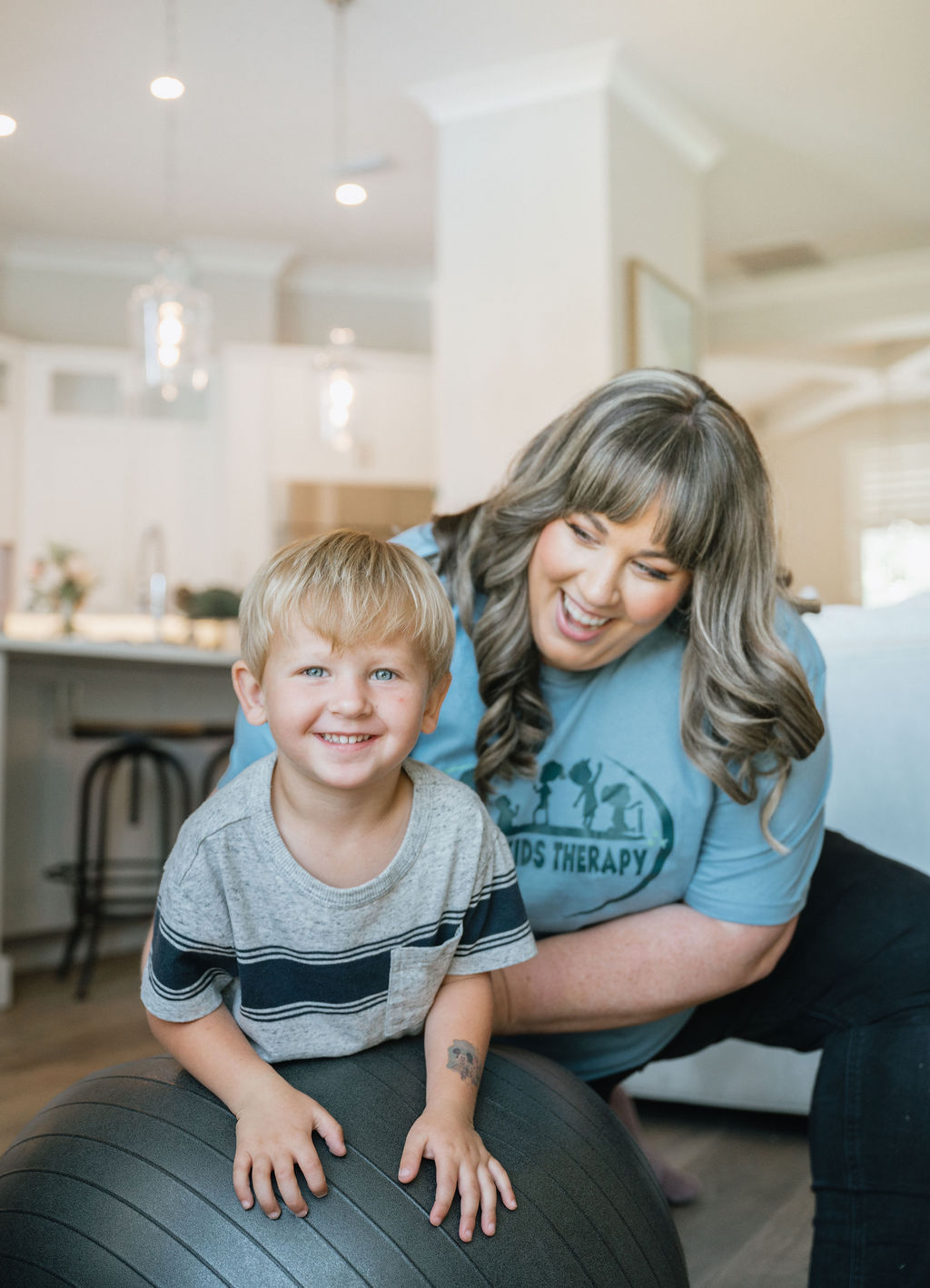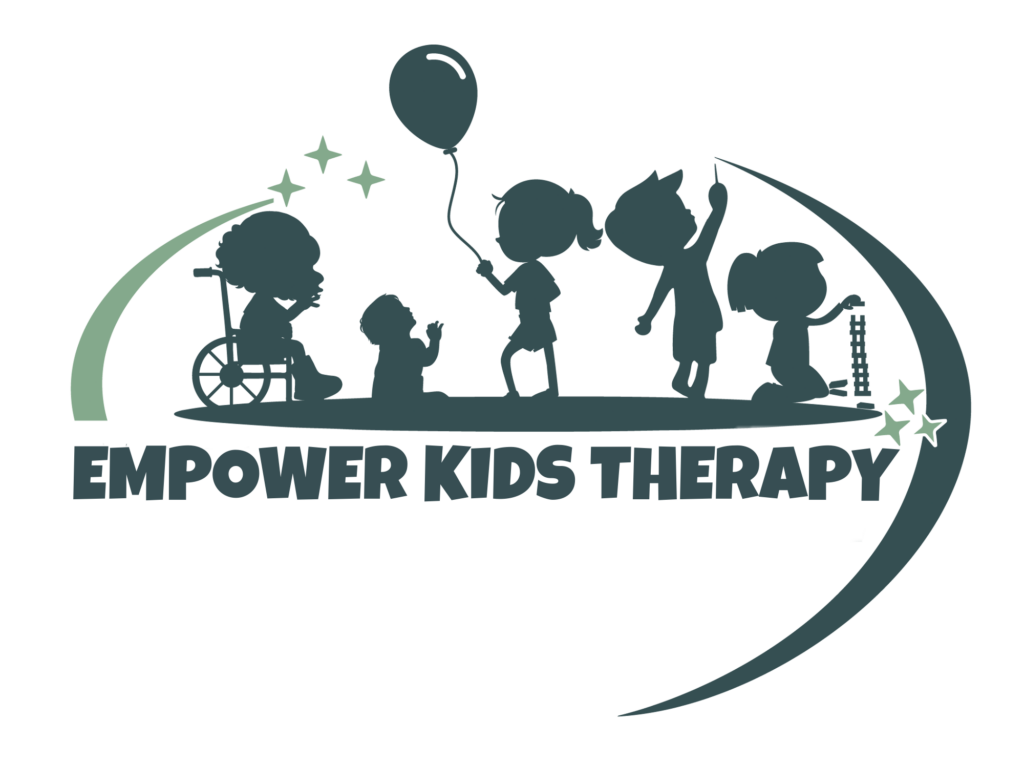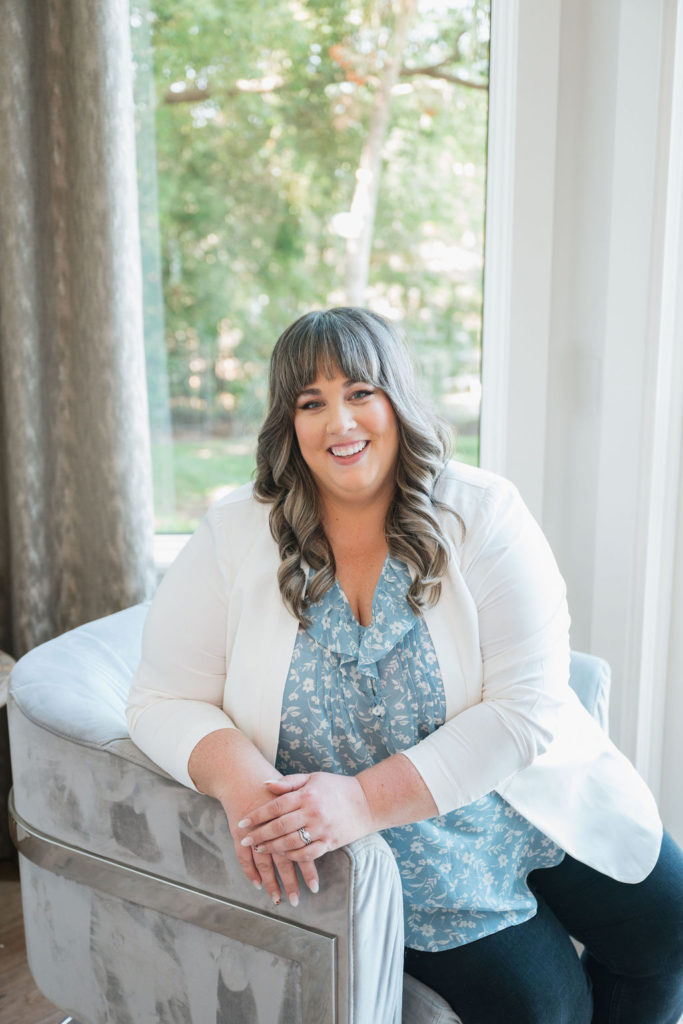
Pediatric Occupational Therapy Services for Children in Orlando, Florida
Empowering Parents to Understand and Support Their Children’s Unique Needs
Schedule a consultationImagine That It’s Possible For Your Child To Reach Their Potential… and Beyond
Recognizing that each child learns in their own way, we tailor our approach to suit their individual needs and interests, transforming challenges into opportunities for play and exploration.
Through engaging activities and meaningful interactions, we foster vital skills while igniting a sense of curiosity and confidence that will empower them in their everyday lives.
- Do you watch your child struggle to do things that are easy for others?
- Do you yearn to understand your child better?
- Do you feel like the therapy you are receiving is not making the difference you hoped?
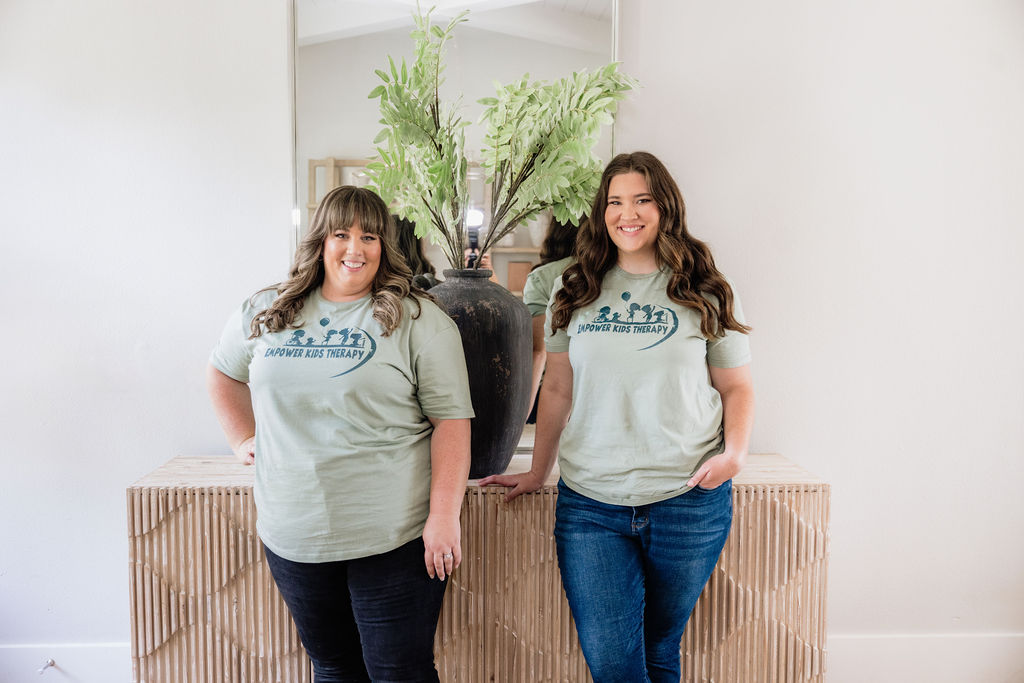
We're Here To Help
Recognizing that each child learns in their own way, we tailor our approach to suit their individual needs and interests, transforming challenges into opportunities for play and exploration.
Through engaging activities and meaningful interactions, we foster vital skills while igniting a sense of curiosity and confidence that will empower them in their everyday lives.
- Do you watch your child struggle to do things that are easy for others?
- Do you yearn to understand your child better?
- Do you feel like the therapy you are receiving is not making the difference you hoped?
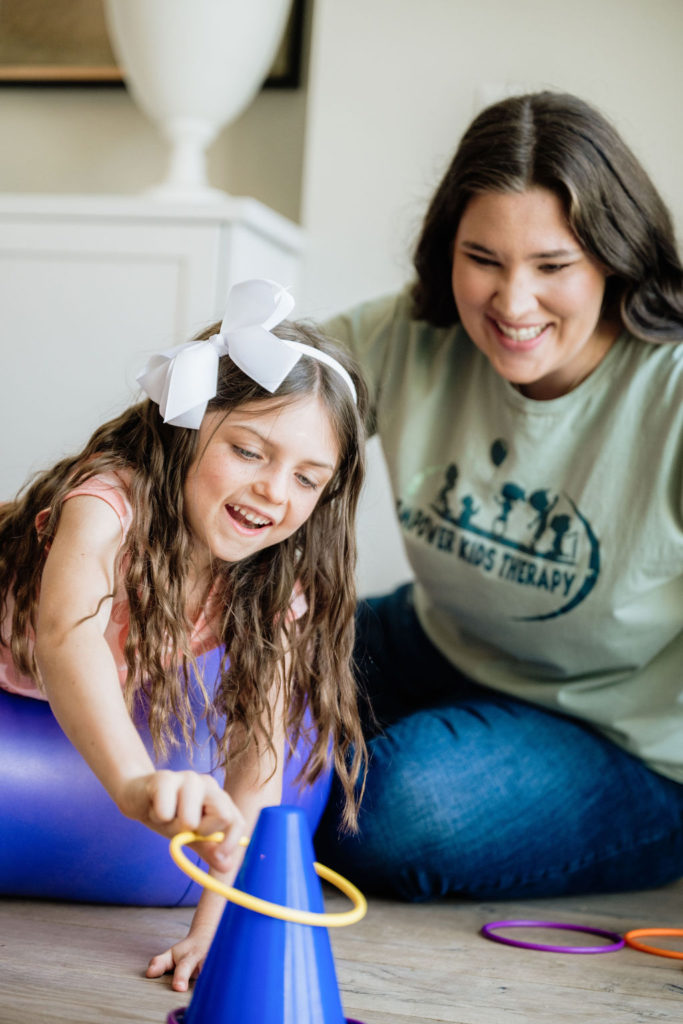
Individual Therapy Services
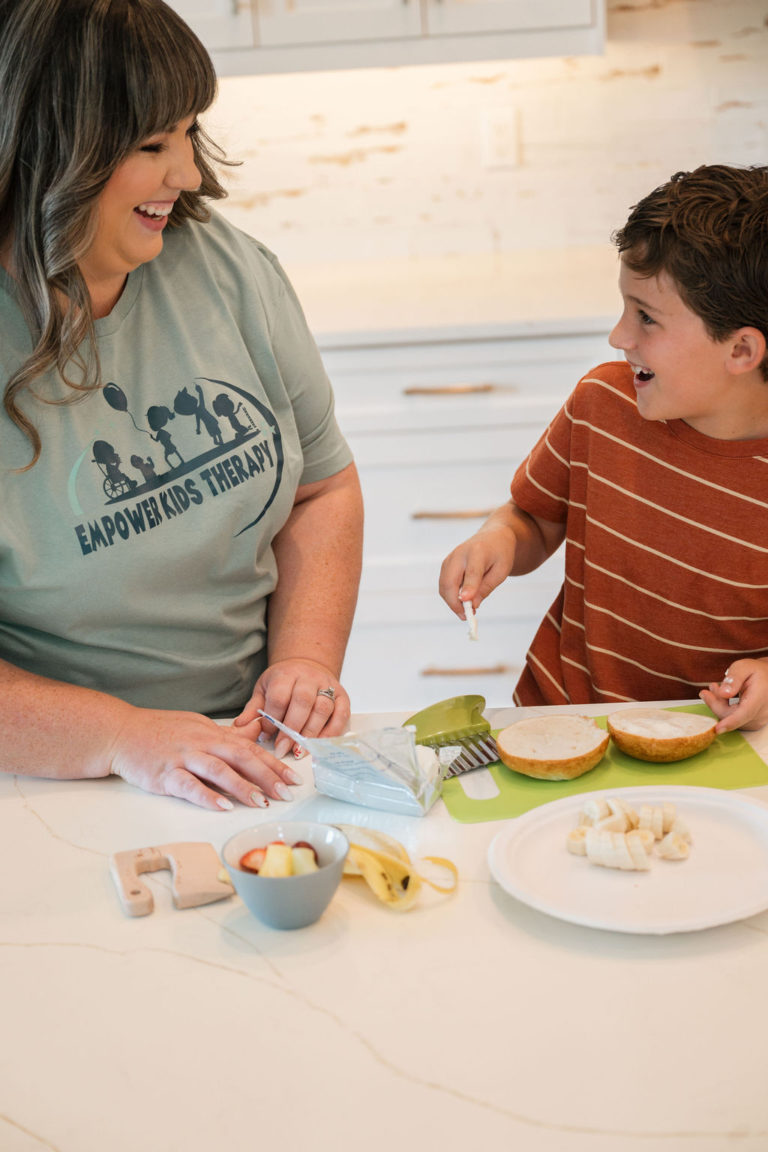
Feeding Therapy Services
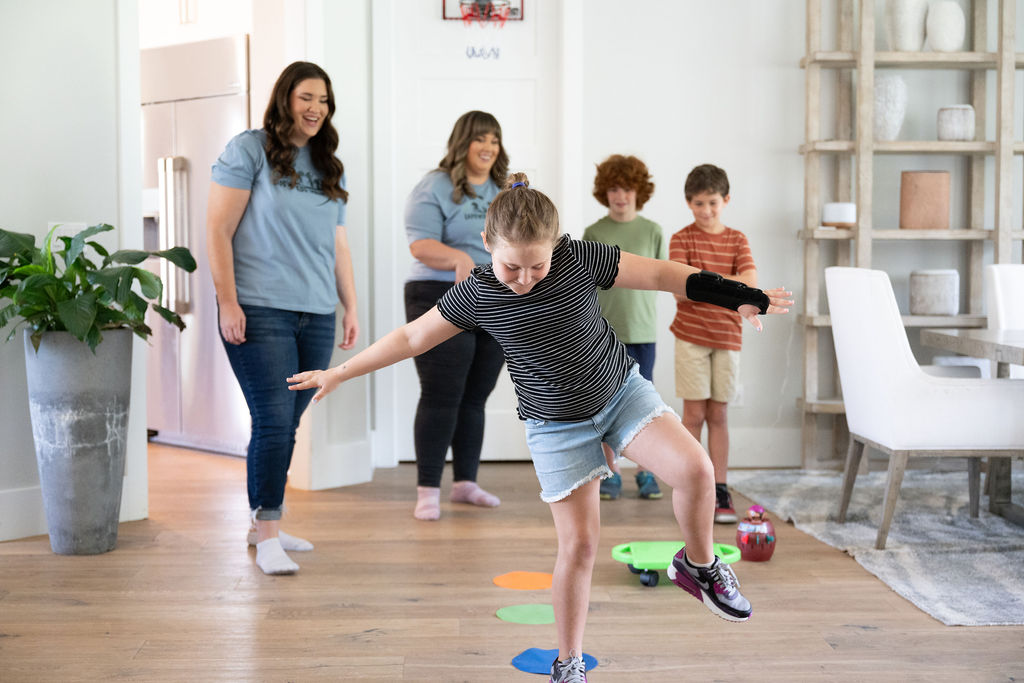
Pediatric Occupational Therapy
in Orlando, Florida
Empower Kids Therapy is a pediatric occupational therapy practice providing individual and group services to help kids with sensory, social, motor, and feeding challenges.
If you are a parent with a kid who struggles, you’re in the right place to discover the root causes for their behaviors and limitations.
When parents arrive inside the world of Empower Kids Therapy, they find a fresh spark of hope, a different way of thinking, and a sense of being understood.
Our Therapy Values
Meaningful change is possible in relationships with trust at the core. Our superpower is providing a safe, trusting relationship with all kids, even those slow to warm up.
More importantly, as a parent, you know you can trust us with the good and bad of life with your child
Meaningful change is possible in relationships with trust at the core. Our superpower is providing a safe, trusting relationship with all kids, even those slow to warm up.
More importantly, as a parent, you know you can trust us with the good and bad of life with your child
Meaningful change is possible in relationships with trust at the core. Our superpower is providing a safe, trusting relationship with all kids, even those slow to warm up.
More importantly, as a parent, you know you can trust us with the good and bad of life with your child
What our clients are saying
“We were so happy our child has made leaps and bounds with her sensory system. Ms.Sam has helped her manage so she can become a better version of herself.”
“We were beyond ready to find someone to guide our child to a healthier place. We were concerned that we wouldn’t find the right fit but then we found Ms. Sam.”
“There was a huge difference between feeling like just another appointment, and feeling like it is a playdate with a friend.”
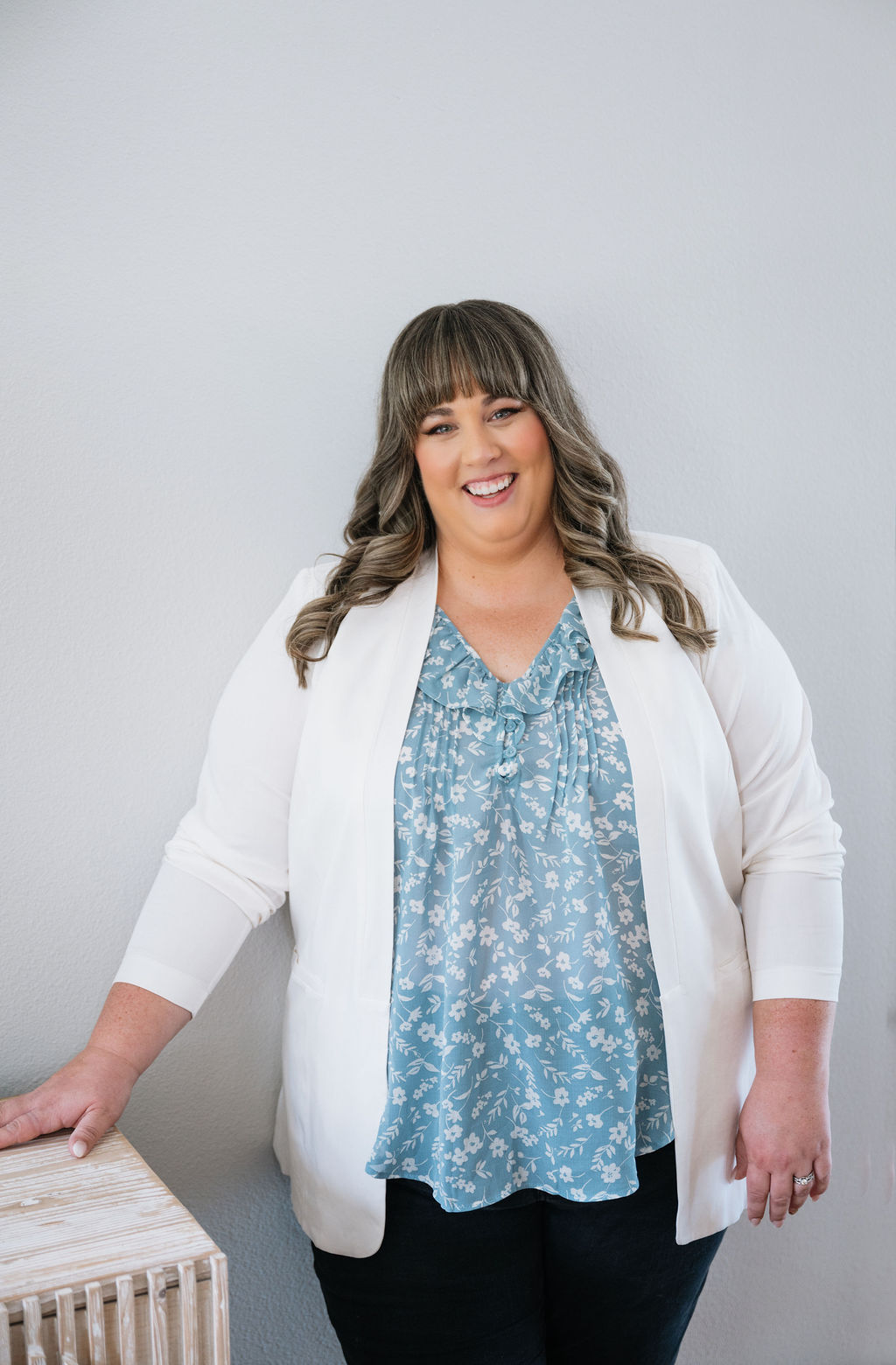
Meet Samantha Stiles
As a pediatric therapist I know what it takes to really address feeding, sensory, and emotional challenges in children.
I’m talking the kind of exponential growth that changes the course of lives. But this type of transformation requires time, parent involvement, and extra guidance…
All of which does not easily fit into the standard therapy session with insurance restrictions.
THIS is where Empower Kids Therapy was born.
Frequently Asked Questions
Occupational therapists help people participate in their desired occupations with the therapeutic use of everyday activities, based on he client’s personal interests and needs (AOTA, 2022).
For children, their occupational is PLAY! We are able to focus on daily tasks, and age-appropriate skills through games, and activities using a focused and therapeutic lens.
Our goal is to help increase neuroplasticity, and improve independence in participating in their daily life, such as dressing, engaging within their school and community, and and playing. We provide sensory rich environments for learning to increase.
We use the “just right challenge” which meets the child where they are at, and pushes them to learn and grow in a comfortable way with the end goal of increasing their participation and function within their daily occupations.
Occupational therapists are knowledgable about many conditions. We like to view the child’s strengths, and build upon their areas of need, despite diagnosis. The following is a list of conditions we can aid:
- Developmental Delays
- Sensory Processing Disorder
- Autism Spectrum Disorders
- Feeding Difficulties (picky eater, non-eater, restrictive eater)
- Self/Emotional Regulation Difficulties
- Visual Deficits
- Ocular Motor Concerns
- Fine Motor Delay
- Handwriting Deficits
- Hand-eye and Finger Coordination Concerns
- Gross Motor Delays
- Praxis and Motor Planning Difficulties
- Unintegrated Primitive Reflexes
- Lack of age appropriate play skills/toy engagement
- Anxiety
- Attention and Concentration Deficits (ADD/ADHD)
- Learning Difficulties
- Executive Functioning Deficits
- Social Skill Difficulties
- Neurological Disorders
- Down Syndrome
- Cerebral Palsy
Sensory processing is the ability to take in sensory information from the world around you and interpret this information effectively in order to participate in daily tasks. The brain processes information through our seven sensory systems. This includes sight, touch, smell, taste, sound, as well as vestibular and proprioceptive.
Sensory Processing Disorder (SPD) occurs when the nervous system has difficulty processing and interpreting the information gathered from the senses. It in turn affects the ability to function effectively within environments. For a child, this disruption in their sensory processing can adversely affect a child’s social skills, academic performance and motor development.
Our goal is to focus on these sensory areas of difficulty in a structured, and safe manner to allow for processing and interpreting effectively for use. We evaluate the sensory system to determine its effect on higher level learning and participation.
Our therapy occurs in your home, or the child’s natural environment such as daycare, playground, co-op, you name it!
We use toys within your environment, and might bring in some fun and special games to encourage learning.
Payment of cash, check, and major credit cards are accepted. All fees are due at service provision, or at the beginning of the month. We can provide you with an itemized receipt, or Superbill, for each visit so you can submit it directly to your insurance company for potential out-of-network provider reimbursement.
Receiving this Superbill does not guarantee payment. Please connect with your insurance carrier if you are seeking reimbursement as you are responsible for all charges.
Certain Health Savings Accounts (HSA) may allow its use for our services. Please connect with them to determine if they considered our services an approved medical expense.
We are a proud provider for recipients of the Step Up for Students Family Empowerment Scholarship (formerly Gardiner Scholarship).
Please visit the website https://stepupforstudents.org for more information.
Since we are seeking to make changes with your child, being a part of therapy is encouraged. It is the best time to learn from how the therapists presents tasks, or using certain phrasing to improve carryover and learning of both your child and you.
Positive language, and encouraging words from a parent during challenging tasks is a wonderful motivator for children. We want YOU, the caregiver to feel EMPOWERED to use the knowledge gained during our time together when we are not together.
This consistent carryover from therapy into the child’s daily life helps to accelerate progress, and shorten the duration of therapy.
It can be scary for some children to meet new people, especially within their home. We find it imperative to make every child feel comfortable and therefore we first need to build rapport with your child.
We use our therapeutic lens to make all “work” tasks, feel like play. You can identify our therapists as friends, or a teacher who is coming to play, and help with the areas that are tricky.
Most children can’t wait for their next session!
Typical sessions will begin with warm up activities that require movement. We wake up the brain for learning. We will continue to challenge your child in a compassionate and gentile way with increasingly complex tasks tailored to their ability.
Our therapy is always play-based, and we focus on the child’s internal and external motivation…even if it involves playing “Let it Go” while we work.
Throughout our time together, the rapport build to a bond, which builds to trust, in which we can continue to increase the complex tasks to try new movements, or activities to increase skill and participation.
Soon, those new tasks become automatic, and the child is engaging in ways you have never seen. The best part is, you, the parent or caregiver, are always encouraged to participate with us to learn, grow, and increase the bond with your child.
We include time at the end of our sessions to provide you with feedback and the areas to focus on in between our sessions. This time is so important for carryover and growth.
Initial evaluations are necessary to determine the specific area of need for your child, and to create a specialized therapy program if services are determined as needed. Most evaluations occur within a 1-2 hour time period.
During this time we complete a parent consultation and review of intake paperwork to determine the focus area of our observations, standardized testing, and clinical observations of your child.
The choice of standardized tests are determined based on your concerns, and the child’s need. We focus on observing gross motor skills, sensory processing, visual skills, play skills, executive functioning, fine motor skills, and visual motor skills. This aids our ability to form a whole picture of your child.
If requested, a detailed evaluation report, and plan of care will be created for your child 7 business days from the evaluation date. A parent review will be set up to review the evaluation, and determine next steps.
If your child already has a recent evaluation (within 6 months) from another facility, we may be able to use that evaluation too.
